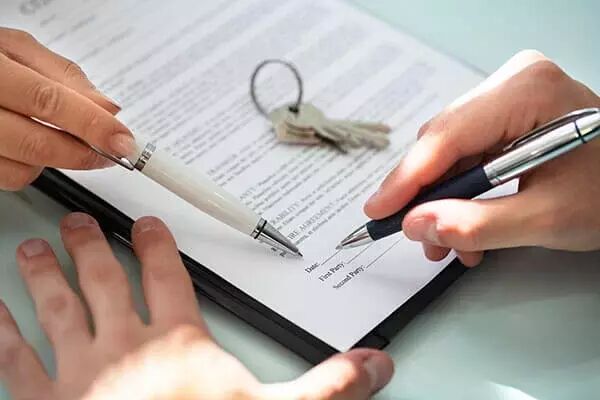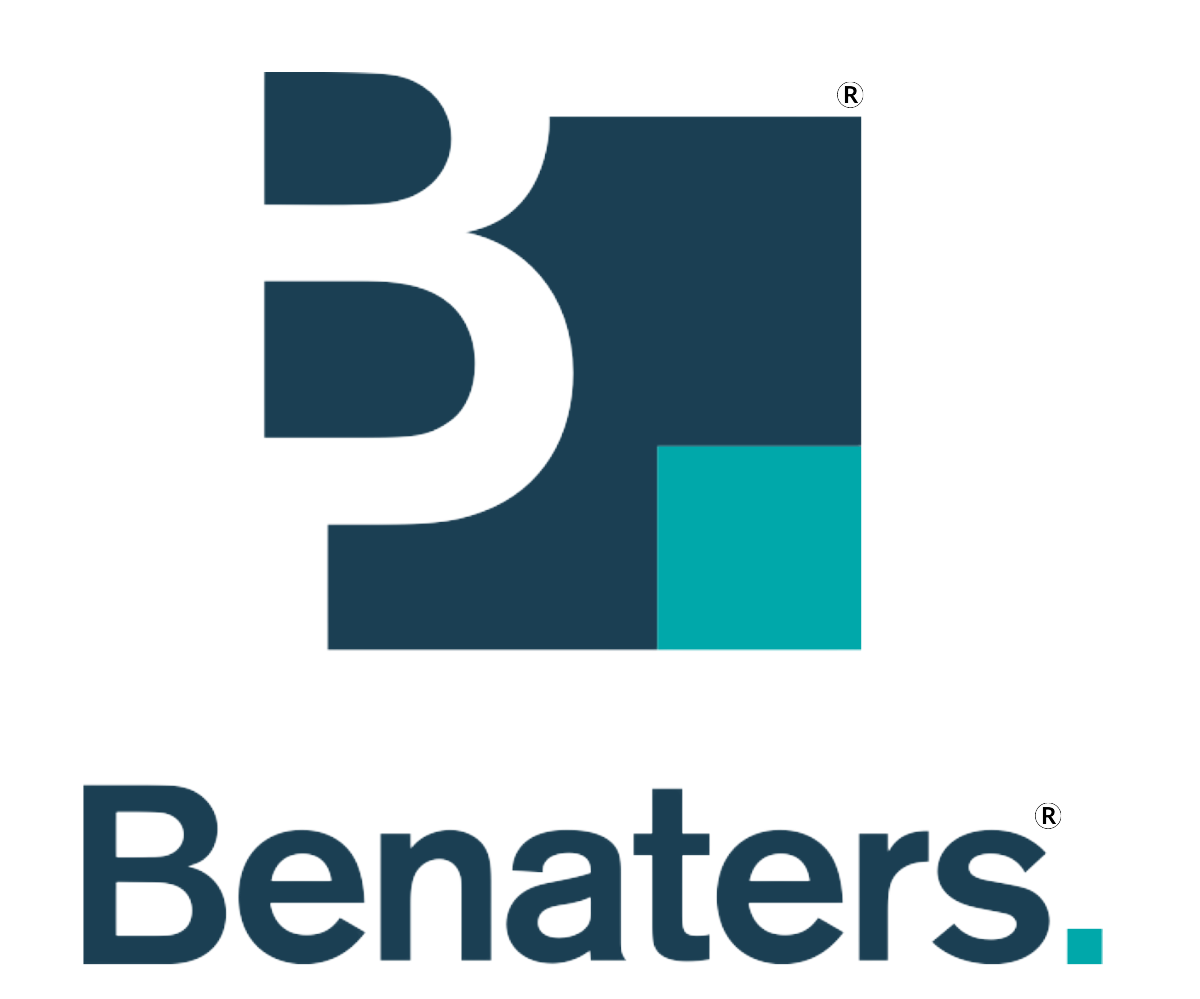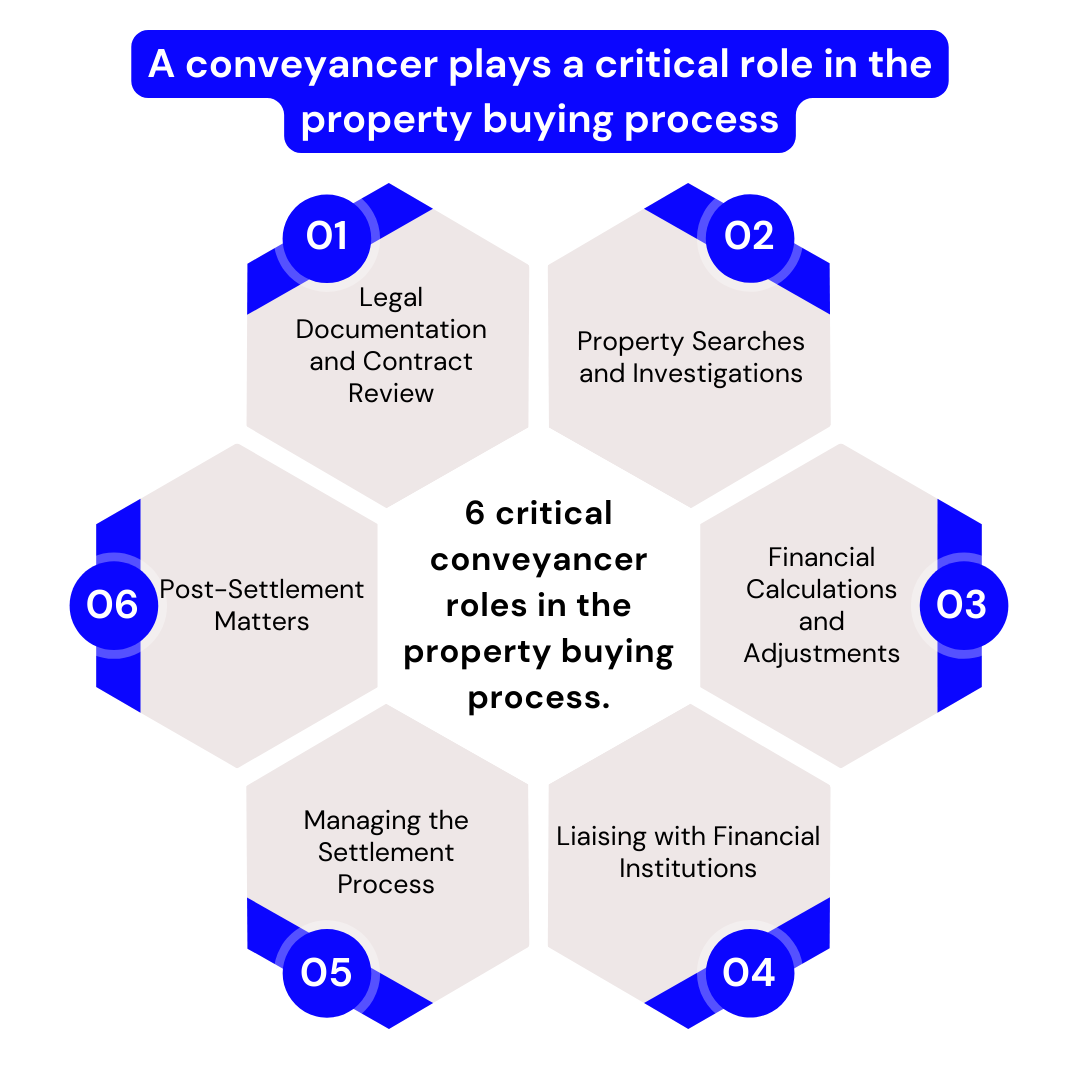The Basic Principles Of Conveyancer
The Basic Principles Of Conveyancer
Blog Article
10 Easy Facts About Conveyancer Shown
Table of Contents5 Easy Facts About Conveyancer DescribedExamine This Report on ConveyancerThe 7-Second Trick For ConveyancerIndicators on Conveyancer You Need To Know
The prices are levied in accordance with the Regulation Society's toll guidelines. A Conveyancer needs to: In any way times safeguard the interest of his/her customers and in accordance with the authorized Sale Agreement; Maintain all parties educated of the development on their transaction and educate both parties of the conveyancing treatment and processes; Suggest the parties on the problems of the Sale Contract, specifically relating to suspensive conditions and responsibilities; Advise the vendor on the termination of his bond, any type of fines, notice durations and various other administrative fees which might affect the negotiation number; Acquire the vendor's written directions prior to he/she, as the Conveyancer, issues any type of warranties in respect of the transaction; Do every little thing in his/her power to register the transaction on or as close as feasible to the day consented to in the Sale Contract; Suggest both events on their commitments in terms of their Sale Agreement, so as to make certain that the transfer is not delayed unnecessarily; Consult with both events to sign the appropriate documents connecting to the transaction Prepare the actions for lodgement with miraculous treatment, so as to make sure that they reduce the threat of a rejection of the paperwork by the suitable Acts Pc registry; Educate both parties of the transfer on the date of registration; Account to both parties for finances connecting to the deal within 2/ three days adhering to effective enrollment of the purchase in the relevant Deeds Computer registry.It becomes part of your conveyancer's task to collaborate a settlement time with the opposite side's lawful rep, throughout which time the property is officially negotiated and all documents and cheques are handed over. Upon settlement, your conveyancer will reach you and/or your property representative to verify settlement and enable secrets to be handed over.
No one wishes to experience a demanding or frustrating situation when you should simply be excited for your next action. This is where conveyancing can assist the process to relocate along effectively. The duty of a property conveyancer is to manage this lawful procedure of transferring the possession and title of a building from the seller to the buyer.
Legal representatives usually have a variety of locations they have know-how in, with conveyancing possibly being company website an area they don't practice in typically. The advantage of making use of a home conveyancer is that residential or commercial property purchases are what they accomplish regularly. They comprehend the procedure throughout and are extremely aware of it, making sure all relevant documents is given and the process is exact and prompt.
Conveyancer Fundamentals Explained

Nevertheless, choosing an option for nothing else factor than it's less costly could create extra troubles in the long-term with an unreliable or inefficient solution. Look for a set price service so you know precisely what the process will certainly cost you and whether it suits your scheduled budget plan. Recommendations from close friends or family, or reviewing on-line testimonials can also be valuable in discovering an experienced and efficient conveyancer.

Conveyancing solicitors and licensed conveyancers both oversee the conveyancing process. Conveyancer. Nonetheless, their specialist histories differ. A conveyancing solicitor is a person who is a completely qualified lawyer (as a member of the Regulation Society) and who is experts in conveyancing. A residential or commercial property lawyer will typically have a tendency to have experience in various other legal locations also.

How Conveyancer can Save You Time, Stress, and Money.
They liaise with numerous events, consisting of the estate agent, seller's conveyancer, and neighborhood authorities. The conveyancing process starts when an offer on a property is approved.
The customer's lawyer will make certain the purchaser is informed concerning the documents and lawful responsibilities. This phase entails clarifying the conveyancing costs and describing the building info form. Being notified can prevent unpredicted problems as the process unravels. Home searches offer a Resources function in the conveyancing procedure. The buyer's lawyer arranges these checks to expose potential problems with the residential or commercial property.
Neighborhood authorities could offer understanding right into nearby future advancements that could impact the property's value. Home loan lending institutions frequently need details searches prior to releasing a mortgage deal. While some searches might seem optional, omitting them might cause unanticipated complications. A residential property's title acts stand for a historic record of its ownership.
Some Ideas on Conveyancer You Need To Know
When an offer is approved, the vendor's solicitor prepares a draft contract. This agreement pack consists of necessary records like the building details type, the leasehold information kind, and the installations and components form. The customer's conveyancer examines these to ensure all the documentation follows expectations. At this phase, building legislation considerations emerge, from shared access civil liberties to what fixtures come with the building.
Alternatively, if the seller withdraws, they deal with fines. Both parties settle on a conclusion day following the exchange - Conveyancer. On today, the customer pays the remaining equilibrium, and the vendor transfers the residential property tricks. There's typically a void between exchange and completion for purchasers to settle details or make plans.
Report this page